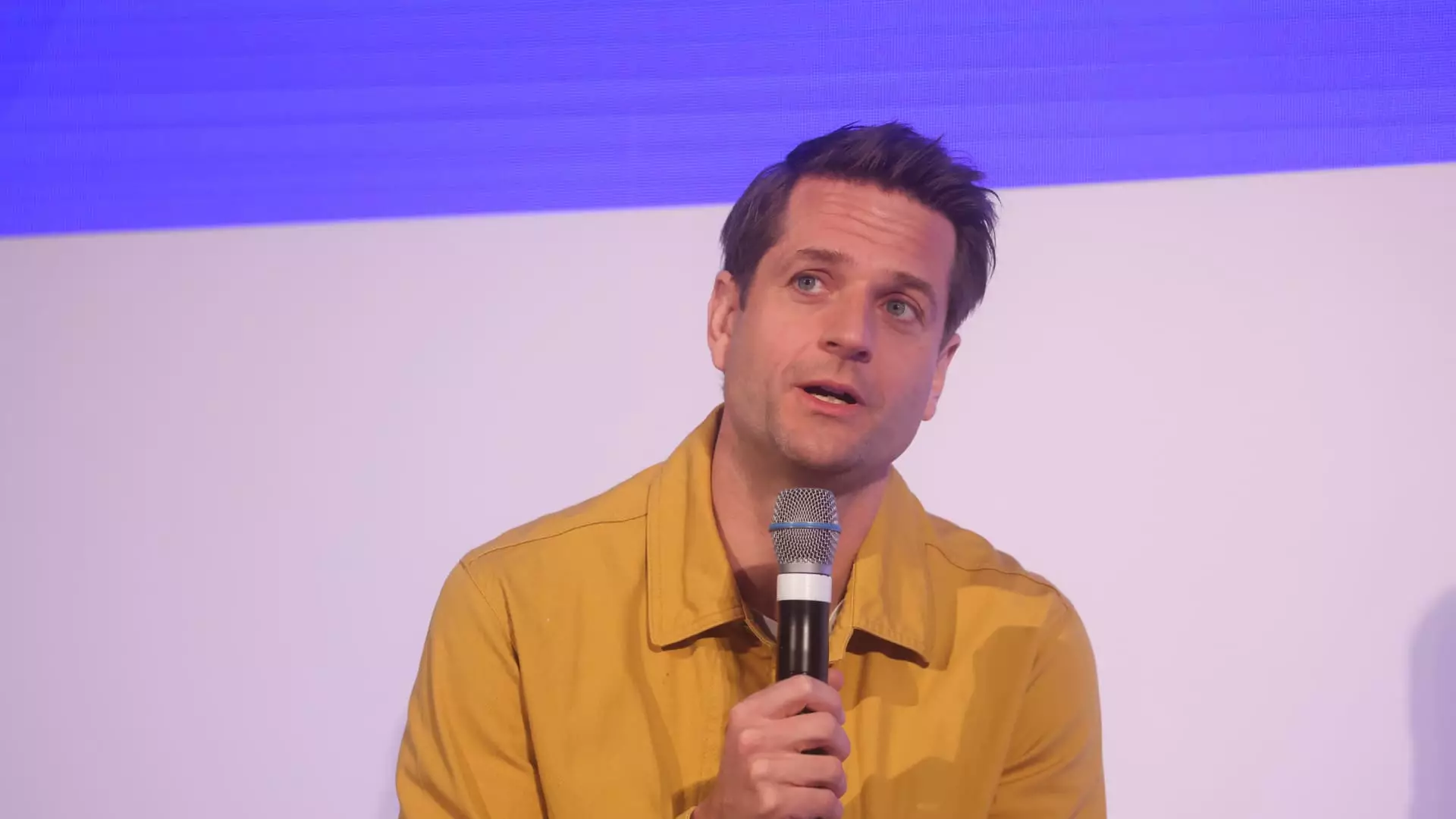As Klarna, the Swedish payments giant, gears up for its initial public offering (IPO), a significant concern looms large: the potential exodus of technological talent from Europe to the United States. CEO Sebastian Siemiatkowski has raised alarms about the implications of strict European regulations surrounding employee stock options. This tightrope walk is indicative not merely of Klarna’s own destiny but also mirrors broader challenges faced by emerging European tech firms in retaining the skilled workforce essential for innovation and growth.
The pressing issue of talent migration is underscored by the lack of competitive employee stock option plans in Europe compared to the United States. As Siemiatkowski stated in a recent CNBC interview, the inflexible framework surrounding employee compensation in regions like the U.K. and Sweden places European tech companies at a disadvantage. The risk is palpable; without the means to lure and retain top talent with attractive compensation packages, Klarna faces the potential loss of innovative thinkers to behemoths like Google, Apple, and Meta.
Klarna’s struggle to offer comparable equity compensation is characterized by a study commissioned from consulting firm Compensia. It reveals a stark reality: while Klarna provides a mere 20% of equity to its employees relative to revenues—a fraction of the six times equity offered by its U.S. counterparts—this disparity is not merely a matter of choice but a complex web of regulations and costs associated with employee benefits.
Regulatory Hurdles in Europe
Europe’s labor laws impose unique challenges for firms hoping to create competitive compensation packages. In the U.K. and Sweden, social security payments linked to employee stock options are uncapped, which can significantly devalue the stock options awarded to employees. The social benefits costs directly correspond with the firm’s stock prices, making it difficult for companies to forecast their expenses effectively. This unpredictability is further complicated by regulations that assess such benefits based on the stock’s value at liquidity events like IPOs, further deterring firms from offering generous equity packages.
Siemiatkowski poignantly highlighted the unpredictability of this cost structure. He explained that a firm’s ability to plan for expenses is severely hampered when these expenses hinge completely on fluctuating stock prices. Such complicating dynamics manage to dissuade not only Klarna but also various other tech firms within Europe from standardizing stock options as a competitive strategy to attract talented employees.
Despite the pressing challenges, Klarna remains determined in its ambition to navigate these turbulent waters and successfully enter the public market. The current timeline suggests that a potential IPO may be on the horizon, with speculation surging that Klarna could list in late 2024 or 2025. This timeline reflects a strategic realignment within the company, as it positions itself among major fintech players in a market that has seen limited recent activity in terms of public offerings.
Klarna’s IPO would mark an important milestone, offering it a chance to highlight not just its market presence in Europe but also its burgeoning influence in the U.S., where competition among tech startups is fierce. However, the need to showcase talent and innovation will be critical to ensuring a successful public offering.
The looming question of whether Klarna will be able to hold onto its talent against the backdrop of expanding U.S. operations remains a sincere concern. The rising profile of Klarna in American markets means that its employees may increasingly find themselves the subject of poaching efforts from American tech giants, which possess more flexible and rewarding compensation frameworks.
Siemiatkowski acknowledges the issue, identifying the notable disparity in how tech talents are perceived and compensated in Europe versus the United States. A sentiment persists in Europe that undervalues the contributions of highly skilled employees, especially in the financial technology sector. Such attitudes can hinder performance and growth, ultimately impacting a company’s competitive edge on a global scale.
The struggle faced by Klarna is emblematic of the hurdles many European tech firms encounter in a competitive landscape increasingly dominated by American companies. As the dynamics of work and compensation evolve, a more supportive regulatory framework is essential to retain talent. If Europe is to maintain its stature as a hub for innovation, addressing the restrictive nature of employee compensation plans must be a priority. The future success of companies like Klarna may very well hinge on these reforms, underscoring a crucial call to action for policymakers throughout the continent.

